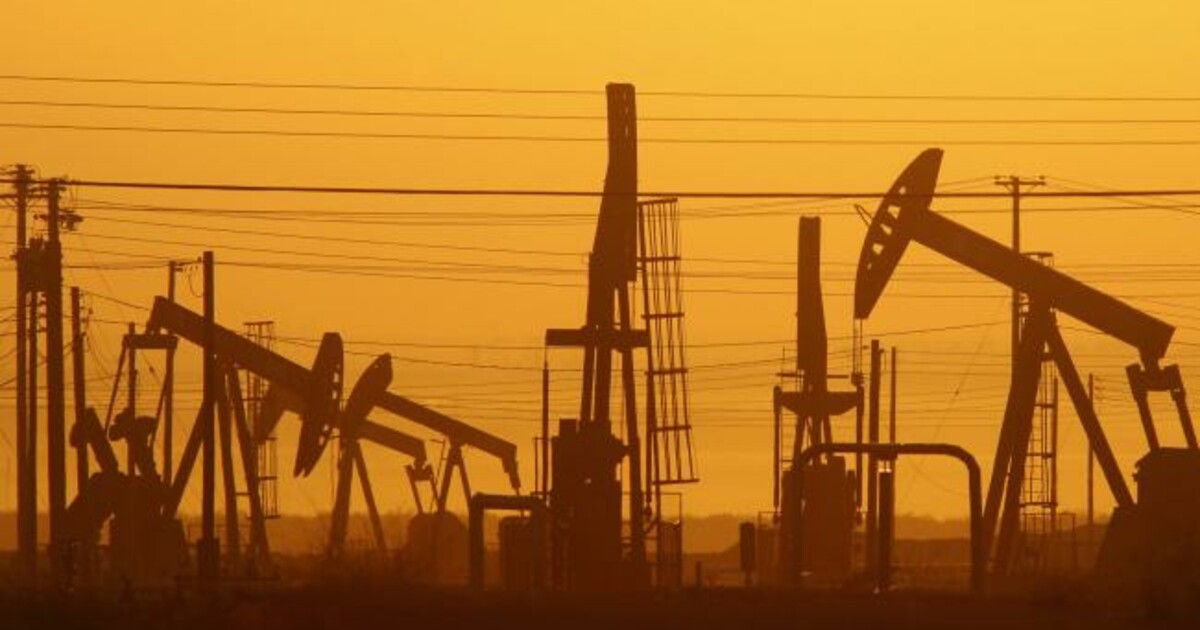Our future prosperity lies with the low carbon economy

I promise not to ask readers of the National for any more favours (at least until next month) if you could all do me one tiny thing today: respond to the Scottish Government’s climate change bill consultation before it closes at midnight.
The government, quite rightly, wants to know your views before publishing the draft bill and it’s important that they get it right. More than anything, when agreed, this bill will be seen as Scotland’s response to the Paris Climate Change Agreement, an accord which Donald Trump appears likely to withdraw the United States from.
The Paris Agreement is a global action plan for the world to avoid disastrous climate change by limiting global temperature rise to “well below 2ᵒC” by the end of the century. Nations are to aim to limit global temperature rise to 1.5ᵒC to limit the most damaging effects of climate change. The agreement entered into force on 4 November 2016, with 160 of 195 parties having ratified the agreement. Scotland might not be independent yet, but this is an issue where Scotland can make a positive and lasting impact on the world stage.
The new Climate Change Bill is crucial if Scotland is to seize the opportunities of new jobs in the low carbon economy, but as things stand the Scottish Government is set to slow down our ambition; the government’s proposed targets would mean slower emission cuts than we’ve achieved in the last decade. That's why my party is campaigning for a target of net-zero emission by 2040, to keep us on track to achieve the goals of the Paris Agreement. The First Minister says she is ‘consulting and listening’ on this, that’s to be expected, but there are no advantages to slowing down on climate action.
Other countries have already set net-zero targets before the year 2050, including Norway and Sweden. Scotland has a chance to continue showing leadership and adopt a net-zero target and I’m glad the First Minister has committed to properly consider this bold proposal.
Scotland’s future prosperity depends on serious planning for and investment in the low carbon economy. We know there is at least three times more fossil fuel in global reserves that could be exploited today than is compatible with even a chance of meeting 2C, and over 10 times more fossil fuel resource that could be exploited in future. To secure jobs for the future we need to concentrate on conserving oil stocks and building jobs in a clean economy. The Climate Bill should explore how to set a target which keeps fossil fuels in the ground in line with international responsibilities and future prosperity.
The proposed Climate Change Bill must set Scotland’s course on climate change and initiate a transformation in our economy and society, taking the opportunity to create thousands of jobs in transition. Some of the opportunities are described in our 2015 report Jobs in Scotland’s New Economy.
The last time the Scottish Parliament passed legislation on climate change was in 2009. Since then there has been a lot of self-congratulation about the “world leading targets”. But what we have to do now is follow through with the actual policy changes that are needed to turn ambition into reality.
That doesn’t just mean doing more of the positive, climate-friendly activity; it also means saying no to the dangerous options which will make the task more difficult. One way to guarantee that we won’t realise the ambitions of the bill is if we give fracking the green light in Scotland.
Greens have opposed fracking from the start. Given the risks to public health, the safety of workers, and the damage to our reputation as a climate change leader, it's high time the Scottish Government made the right decision and ruled out fracking for good and focused on the creation of lasting jobs in a clean economy.
Another sure-fire way the SNP would confound the bill’s aims to failure is if they press ahead with their plan to boost aviation levels by cutting Air Departure Tax. For whatever reason, government ministers are yet to see the folly of this policy that gives a tax break for the only transport industry that is already free of fuel duty. It’s absurd that the government is happy to see people’s daily train and bus fares rise, while trying to convince us we’ll be better off if occasional holiday flights are a few pounds cheaper.
The First Minister told me in the Scottish Parliament’s chamber yesterday that she’ll give full consideration to the responses received and that she wants to make faster progress on climate change. That’s why it’s so important that you make your feelings known and ensure that Scotland doesn’t slow down, but remains a leader in the fight against dangerous and irreversible climate change.
This article first appeared in The National.
